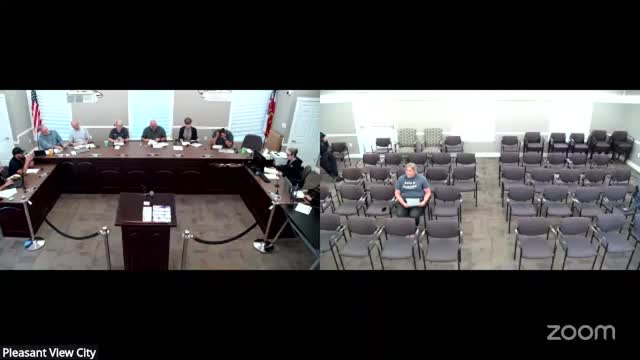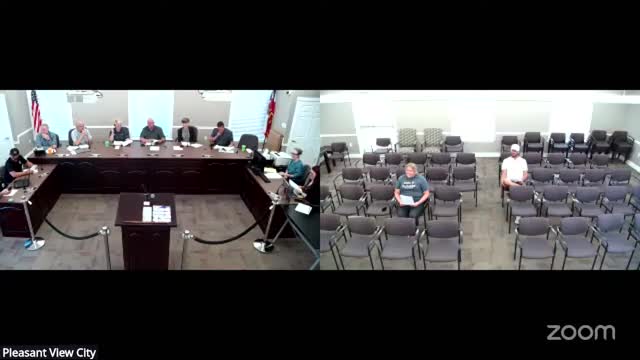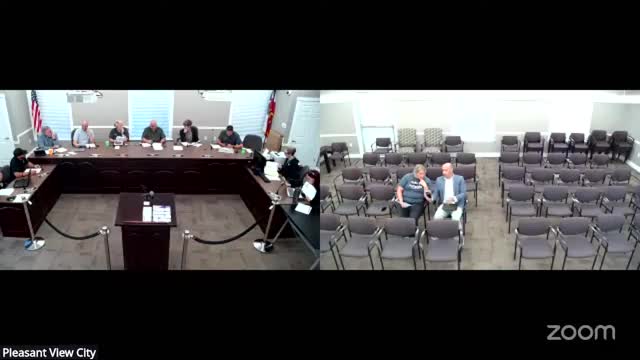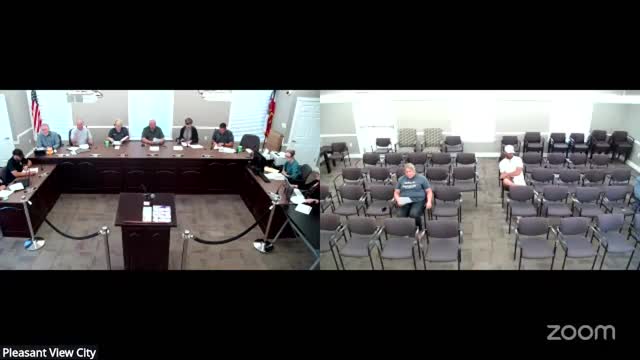Article not found
This article is no longer available. But don't worry—we've gathered other articles that discuss the same topic.

Council amends budget but delays RDA/CRA study decision; excludes $25,000 consultant item pending RDA hearing

Pleasant View council adopts ordinance adding 'cemetery' as conditional use in RE‑20 with 5‑acre minimum

Council discusses speed limits and traffic safety; directs staff to review prior studies and bring proposals

